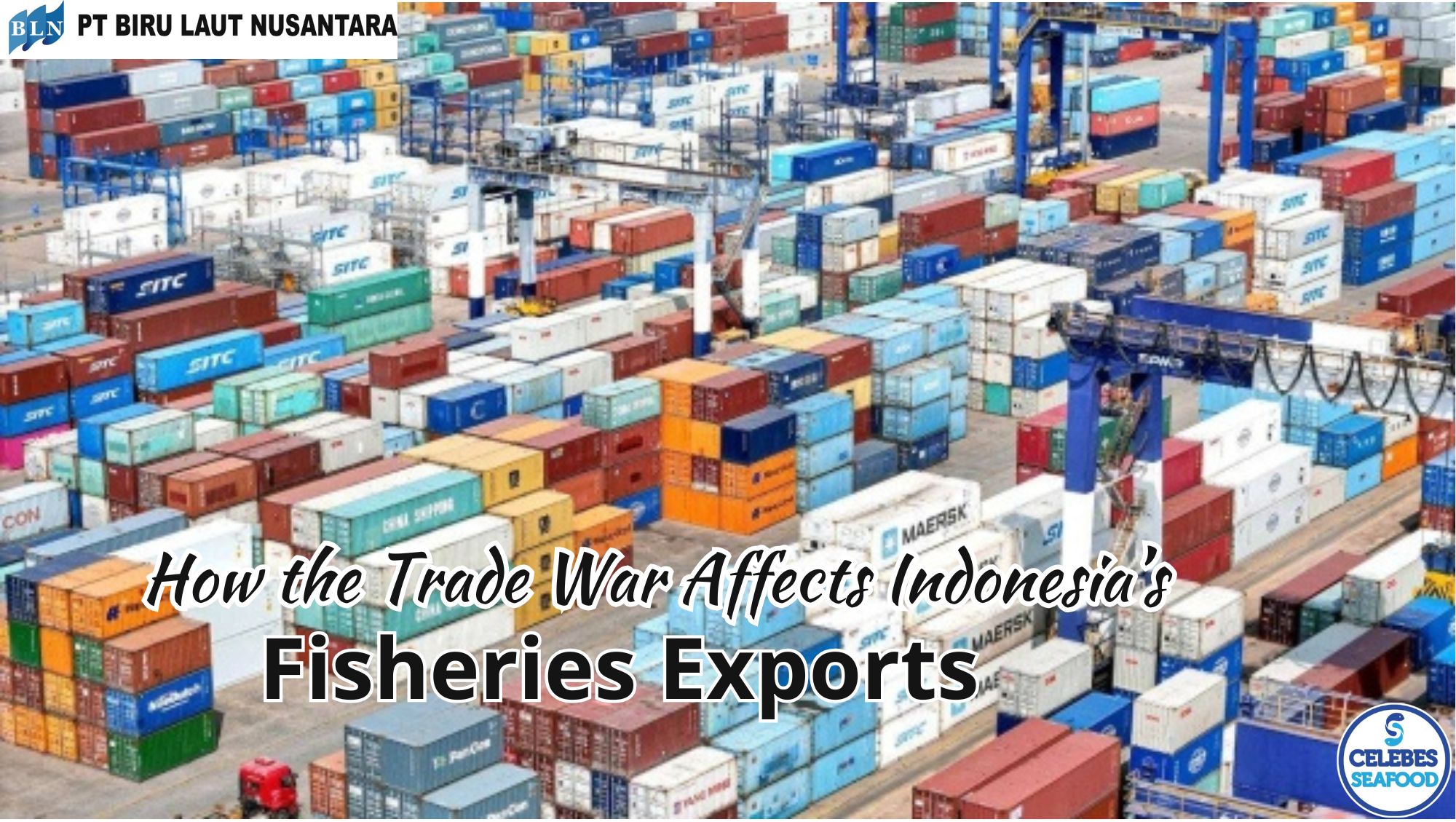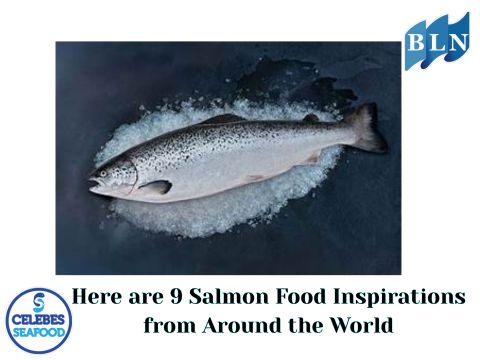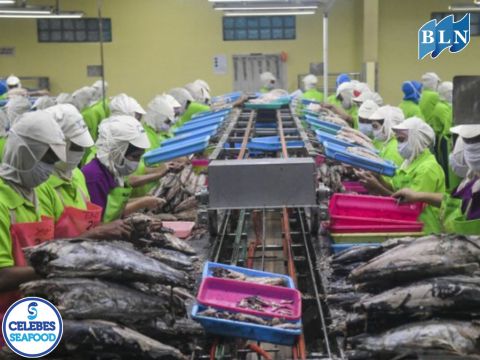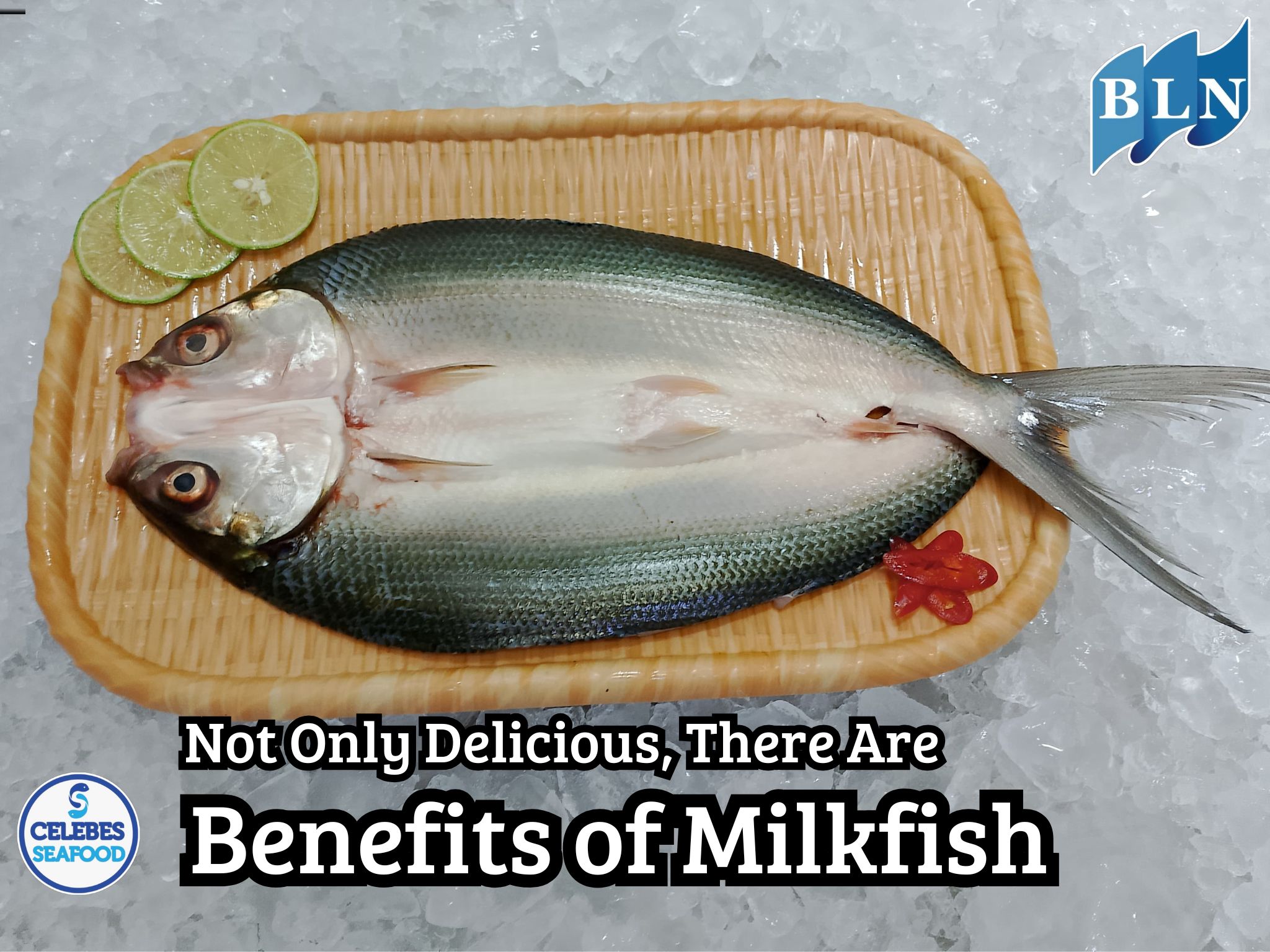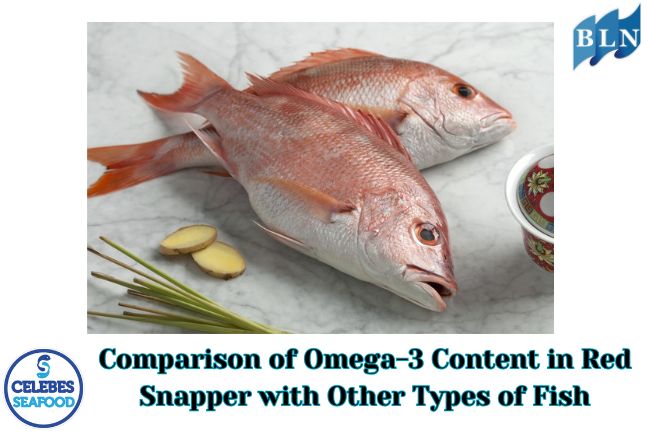Risk Management and Insurance in Industrial Fisheries Business
By. Alfian - 10 Apr 2025
lautnusantara.com In the industrial fisheries business, risk management and insurance play a crucial role in maintaining the operational and financial sustainability of the company. This industry has unique characteristics with various inherent risks, ranging from natural factors to market fluctuations.
Risk Management in Industrial Fisheries
Risk management is a systematic process to identify, analyze, evaluate, and control risks that can affect the achievement of the goals of an industrial fisheries company. Its implementation involves several stages:
1. Risk Identification: The first step is to identify all potential risks that the company may face. Risks in industrial fisheries can be categorized into:
Operational Risk: Related to fishing activities, such as bad weather, damage to fishing gear, work accidents, decreased catches, and technical problems with ships.
- Market Risk: Fluctuations in fish prices, changes in consumer demand, competition, and issues related to exports and imports.
- Environmental Risk: Climate change, marine pollution, fish diseases, and strict environmental regulations.
- Financial Risk: Changes in interest rates, fluctuations in currency exchange rates (if export-oriented), cash flow problems, and defaults from customers.
- Legal and Regulatory Risks: Changes in fisheries regulations, licensing disputes, and lawsuits.
- Social Risks: Conflicts with traditional fishermen, labor issues, and social impacts on coastal communities.
2. Risk Analysis: After identification, risks are analyzed based on probability (likelihood of occurrence) and impact (losses caused) if the risk occurs. Qualitative (low, medium, high scale) or quantitative (calculation of loss value) methods can be used.
3. Risk Evaluation: This stage involves prioritizing risks based on the results of the analysis. Risks with high probability and impact require more serious attention and mitigation actions.
4. Risk Control (Mitigation): The company develops and implements strategies to reduce the probability and/or impact of risks. Some risk control strategies include:
- Risk Avoidance: Avoiding activities that have the potential to pose a high risk.
- Risk Reduction: Implementing preventive measures to reduce the likelihood of a risk occurring or minimize its impact (e.g., routine vessel maintenance, occupational safety training).
- Risk Transfer: Transferring some of the risk to another party, one of which is through insurance.
- Risk Acceptance: Accepting a particular risk because the cost of mitigating it is higher than the potential loss, or because the probability is very low.
5. Monitoring and Review: The risk management process is ongoing. Companies need to regularly monitor the effectiveness of risk control measures and review the identification, analysis, and evaluation of risks as internal and external conditions change.
Insurance in Industrial Fishing Business
Insurance is one of the important mechanisms in risk transfer. By paying premiums, industrial fishing companies can protect themselves from financial losses due to unforeseen events covered by the insurance policy. Some types of insurance that are relevant to this business include:
- Fishing Vessel Insurance: Covers loss or damage to vessels due to marine accidents, bad weather, fire, or other risks listed in the policy. This can include Hull & Machinery (H&M) and Protection & Indemnity (P&I).
- Catch Insurance: Covers losses due to damage or loss of catch while on board or in the process of storage and transportation.
- Work Accident Insurance: Provides compensation to workers who have accidents or die due to work.
- Liability Insurance: Protects a company from lawsuits due to losses or damages caused by the company's operations to other parties (e.g., marine pollution).
- Natural Disaster Insurance: Protects against losses due to natural disasters such as hurricanes, tsunamis, or earthquakes that can affect a company's assets and operations.
- Wreck Removal Insurance: Especially important to meet regulations regarding shipowners' obligations to remove sunken shipwrecks.
If you are interested in our product OCTOPUS WHOLE CLEANED BALL TYPE, OCTOPUS WHOLE CLEANED FLOWER TYPE, Octopus Whole Cleaned Yucatan please do not hesitate to contact us through email and/or whatsapp.
